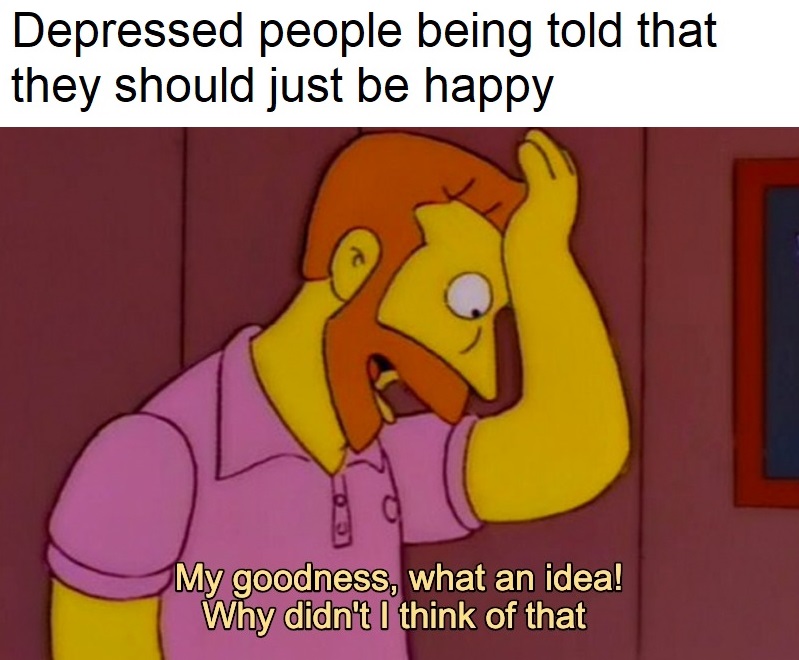Two Visions of the Limits of Changing Human Behavior
Getting people to change their behavior has never been easy. Whether it is a parent trying to discipline a child or a government trying to control a population, such efforts always seem to run into a host of problems. The child throws a tantrum, the population rebels. A potential solution is suggested, although it presents an ethical dilemma. The results often lead us to question whether these attempts were even warranted in the first place. What kind of behavior change should we want, and what are the best ways to achieve it? But even before we start arguing about that, there are some fundamental questions about human nature that we must answer in a satisfactory manner. These questions, which go down to the very roots of what it means to be human, are as follows: 1) What are the limits of behavior change? 2) Why do these limits exist?
It is only recently that these questions have become the target of systematic scientific inquiry. There are no straightforward answers and it is unclear whether they can even be settled definitively. These are fundamental questions about human nature, which is always a contentious topic. Indeed, some would even debate the very existence of “human nature” itself.
Humanity vs. Human Nature
We are not really surprised by a dog eating its own vomit or a hamster mother eating its own babies. “It’s in their nature” is what we say in response to animal behaviors that we would find extremely repulsive in our own species. But what is in our nature? Do we even have a nature or is our behavior completely determined by the environment?
If we do possess an inborn nature, it is possible to blame at least some of our shortcomings on it. This implies that we cannot expect people to be infinitely malleable and change their habits of their own free will. On the other hand, if human nature is non-existent or irrelevant, then we are completely responsible for our own destiny. According to this worldview, expressed by the behavioral psychologist B.F. Skinner in his book Beyond Freedom and Dignity, achieving any desirable utopia is simply a matter of properly altering the environment.

In common layman’s terms, this is the old nature versus nurture debate. I believe that one does not need to be a psychologist to realize that extreme opinions regarding the role of an innate human nature (0% versus 100%) are probably incorrect. However, even after we accept that behavior is influenced by some mixture of nature and nurture, it still remains to be seen how modifiable it is. Two starkly different philosophical views about the limits of behavior change have emerged.
Utopia, Tragedy, and the Laws of Nature
In his book Fooled by Randomness, Nassim Taleb refers to these two views as the Utopian Vision and the Tragic Vision. According to the Utopian Vision, humans not being restrained and corrupted by their environment are capable of any feats of behavioral change, since they are not held back by innate limitations. In other words, there are no theoretical obstacles towards the achievement of any conceivable utopia. On the other hand, the Tragic Vision views humans as flawed creatures with inherent limits on how much they can change their behavior of their own free will (ie. without direct manipulation and coercion). Proponents of this vision argue that, although people are malleable to a certain extent, any arbitrary behavior change is prevented or limited by certain innate features (or “bugs”, depending on the perspective) that still remain even after the negative influence of the environment is removed. As Taleb says, we cannot simply “control our nature at will and transform it by mere edict in order to attain, among other things, happiness and rationality.”
The biologist Edward O. Wilson defined these two polar opposite perspectives with different labels in his excellent book Consilience: The Unity of Knowledge. The Naturalistic self-image takes the view that humans, like all other creatures, are well-adapted to the environment they evolved in and therefore are incapable (without the costly use of force that endangers their well-being and chances of survival) of thriving in any arbitrary environment. The evolved human nature places constraints on how far the behavioral environment can be changed without major problems. The view that humans are exempt from such constraints is the aptly named Exemptionalist self-image, which implies that, in Wilson’s words, “our species exists apart from the natural world and holds dominion over it.” It envisions us as a species that can choose the world it wants to live in.
The two opposing visions are neatly summed up by the following quotes:
“My own mind is my own church. … The human mind has a natural disposition to scientific knowledge, and to the things connected with it.” (Thomas Paine, The Age of Reason)
“A rational person can believe in ghosts as long as all her other beliefs are consistent with the existence of ghosts. A rational person can prefer being hated over being loved, so long as his preferences are consistent. Rationality is logical coherence – reasonable or not.” (Daniel Kahneman, Thinking, Fast and Slow)
Modern Attitudes Towards Behavior Change
Contemporary ideas about changing human behavior are strongly influenced by the Utopian/Exemptionalist view. Otherwise, the huge army of self-help authors and motivational speakers, who are constantly urging you to “become your best self” and “unleash your potential”, would be out of their jobs. It is only recently that the Tragic/Naturalistic perspective has come to be taken seriously, after decades of mounting evidence that viewing people as malleable, rational agents is ineffective and even harmful.
Believers in the Utopian/Exemptionalist model are likely to be the kind of well-intentioned idealists who think that getting people to give up harmful behavior is only a matter of properly informing them about the harms. If the human mind is inherently capable of scientific thinking, as Thomas Paine believes, that shouldn’t be too hard, right?

If you know any smokers, ask them if they know that smoking can cause cancer. Then (assuming they answer with a “yes”) ask them why they want to have cancer so badly. Or, if you don’t want to be thought of as an idiot, avoid this little experiment and take my word for it: this is NOT how you get people to quit smoking.
To those raised on a diet of incessant advice and lectures about “improving yourself” (freely given by people who are never going to bear the consequences or even be around to hear your complaints), the fact that human beings are flawed creatures with inherent limits may come as a rude shock. But a realistic view of meaningful behavior change is indispensable if we want effective policies that make us happier, healthier, and more productive.
